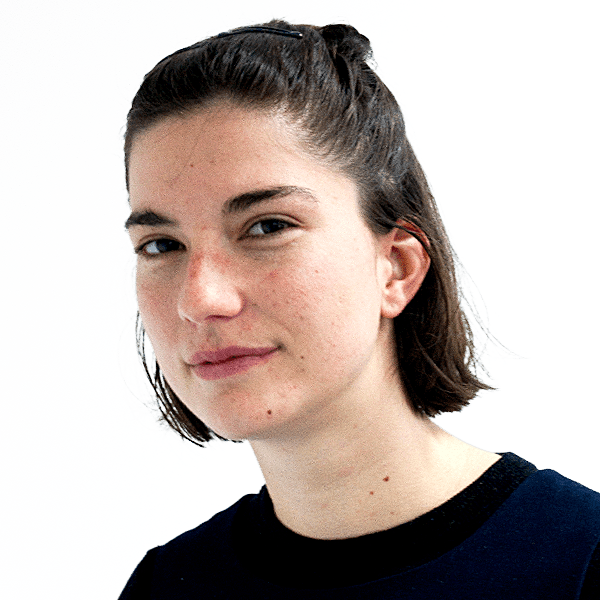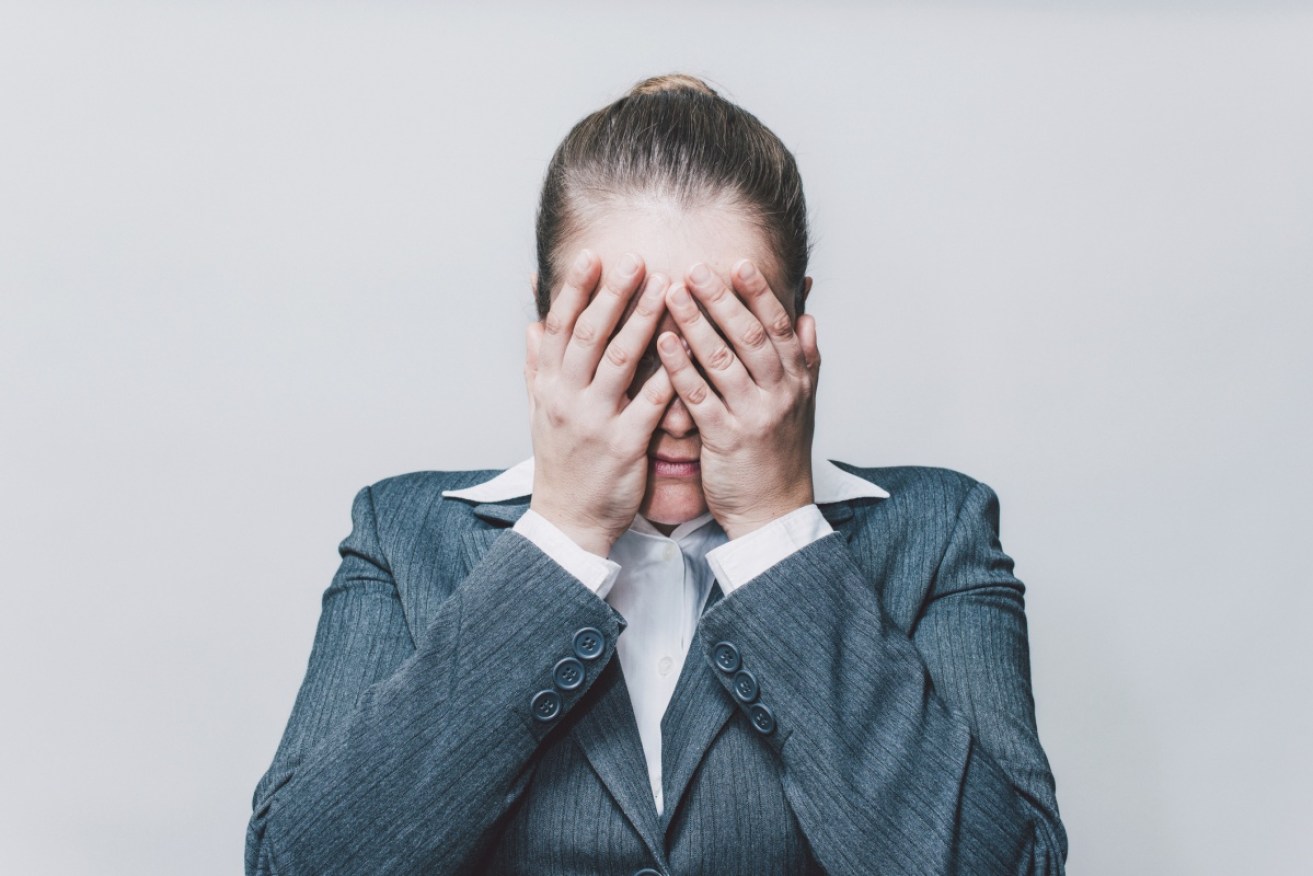Young women bearing the brunt of anxiety or depression


Forty per cent of women have been professionally diagnosed with depression or anxiety. Photo: Getty
Almost half of Australian women have been diagnosed with depression or anxiety, new research shows, with social media blamed for putting more pressure on young women.
Of more than 10,000 women in the Jean Hailes Women’s Health Survey, released on Sunday, 40 per cent had suffered from the emotional disorders, the worst affected age group being 18-35.
Survey director Helen Brown said she believed social media was partly to blame for anxiety in young women because they are “social creatures”.
“I think they put an enormous amount of pressure on themselves to be ‘ever-ready’, to be on Instagram et cetera, which means they constantly have their phone in their hand and being ready for it,” Dr Brown said.
Anthony Jorm from The University of Melbourne was cautious about a link to social media, saying similar results had been around for decades.
“This finding has been around long before social media existed,” Professor Jorm told The New Daily.
“But I think social media could be another mechanism by which people get invested in relationships.
“In previous generations, those relationships were expressed in other ways.”
He said women, particularly young women, were more likely to put value in their relationships and friendship circles.
“Young girls or young women tend to invest more in their relationships than men, so they’re more prone to be affected when social risk factors happen.
“Women are also more likely to take on caring roles than men. They care for family members and peers and so on. Caring roles do potentially have stresses as well and can increase risk.”
Professor Jorm said depression and anxiety rates skyrocketed among girls at puberty, meaning there is likely a hormonal aspect to the gendered rates.
“There’s not a simple cause, a lot of things are involved,” he said.
Women also tend to become mothers for the first time between the age of 18 and 35.
The survey’s director, Dr Brown, noted women were also working more than in the past.
“That work-life balance that we seem to promote so heavily preys on women, they feel guilty about it.”
Professor Jorm said the depression and anxiety rate in adults had been stable for decades, and was not increasing.
Christopher Davey, also from Melbourne University, said women were about 50 per cent more likely than men to suffer depression and anxiety.
“Men have higher rates of substance use disorders, and one theory is that men manifest their distress in substance use rather than depression and anxiety,” he said.
A 2016 study by Cambridge University said women were twice as likely to suffer anxiety as men.
Professor Peter McEvoy, of Curtin University, said other studies found one in four women met diagnostic criteria for anxiety and one in five for depression.
He said a higher rate in younger women was consistent with other studies.
This was most likely due to career, family and social stresses in that age group, he said.
The Jean Hailes survey asked women if they had ever been diagnosed with depression or anxiety.
It also asked women what had bothered them in the past two weeks; and nearly half agreed to “worrying too much about different things”.
More than 40 per cent reported feeling anxious, nervous and ‘on the edge’, while many agreed to regularly feeling easily annoyed or irritated.
Key findings from the Jean Hailes survey
- 40 per cent of women have been professionally diagnosed with depression or anxiety
- Women aged 18-35 are the most anxious
- Nearly 50 per cent reported worrying ‘excessively’ about differing things several days a week
- Half had trouble sleeping
- 60 per cent do not exercise for at least 2.5 hours a week
- Being tired and time poor were the main barriers to exercise
- 41 per cent said they were slightly overweight
- 21 per cent said they were quite overweight
- 95 per cent don’t smoke cigarettes regularly
- Women visit the GP between 1-5 times a year
- Only a quarter underwent a screen for sexually transmitted infections in the last five years
- The top five health worries were painful sex, bowel health, breast health and bone health.
Readers seeking assistance should contact Beyond Blue on 1300 22 4636, the Suicide Call Back Service on 1300 659 467 or Lifeline on 13 11 14.








